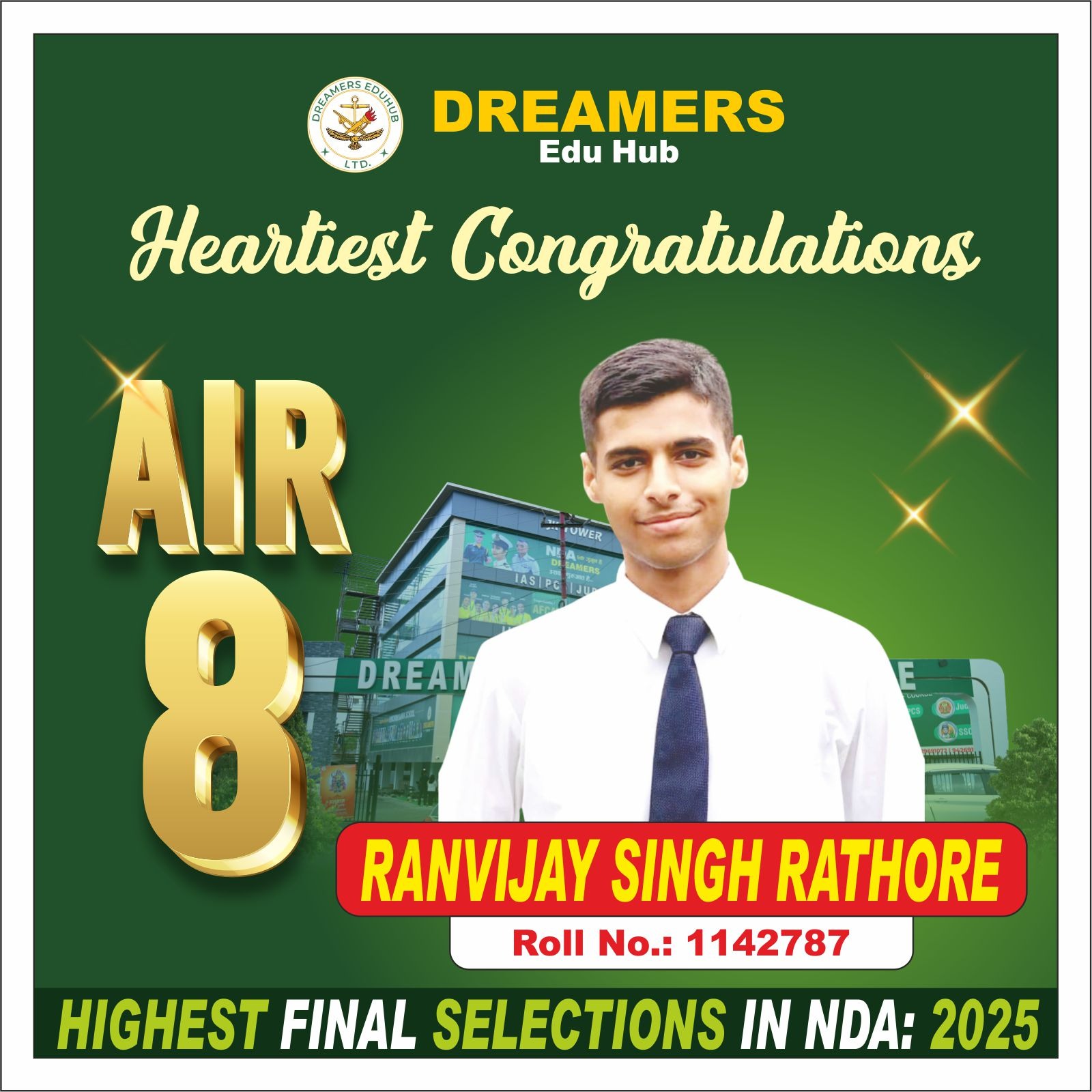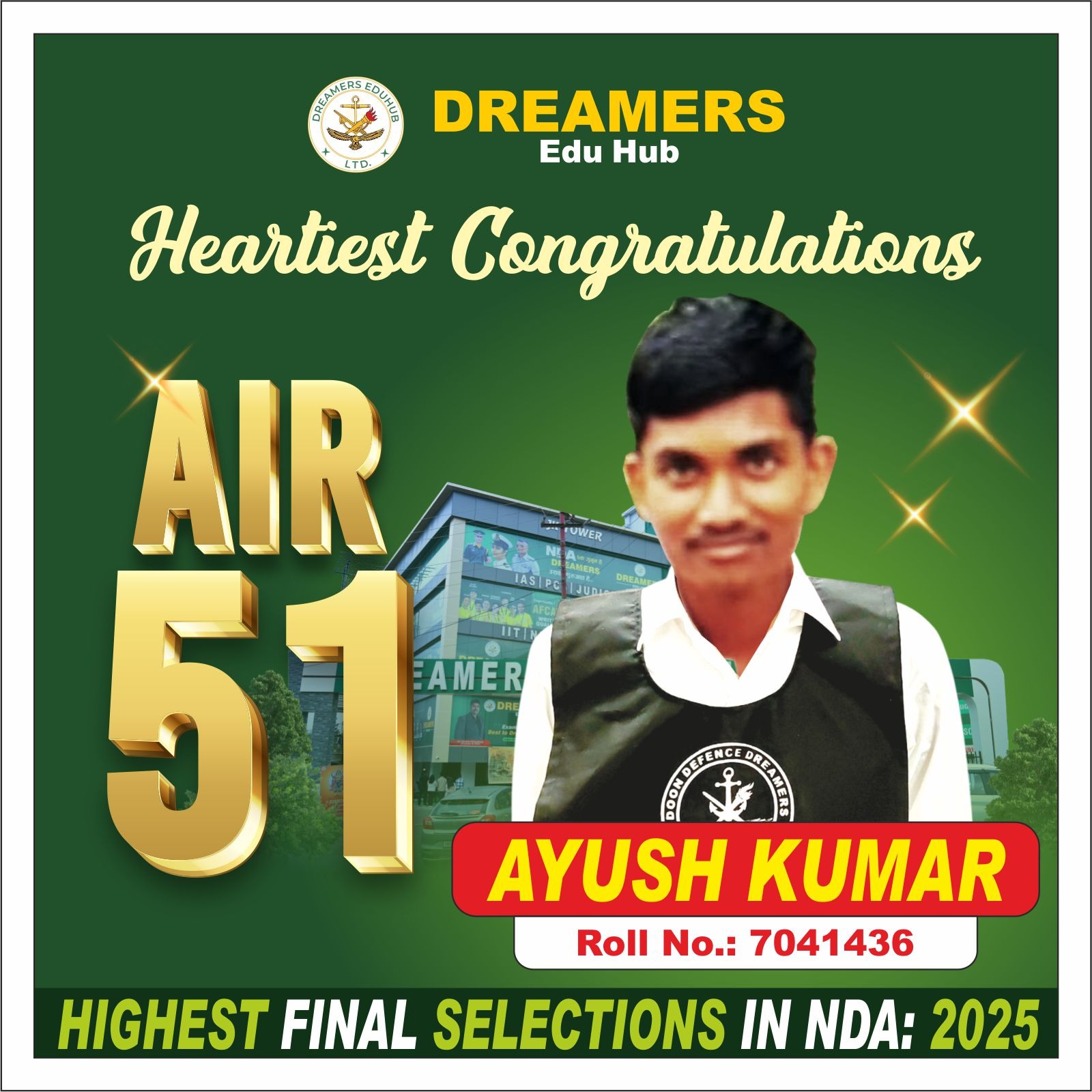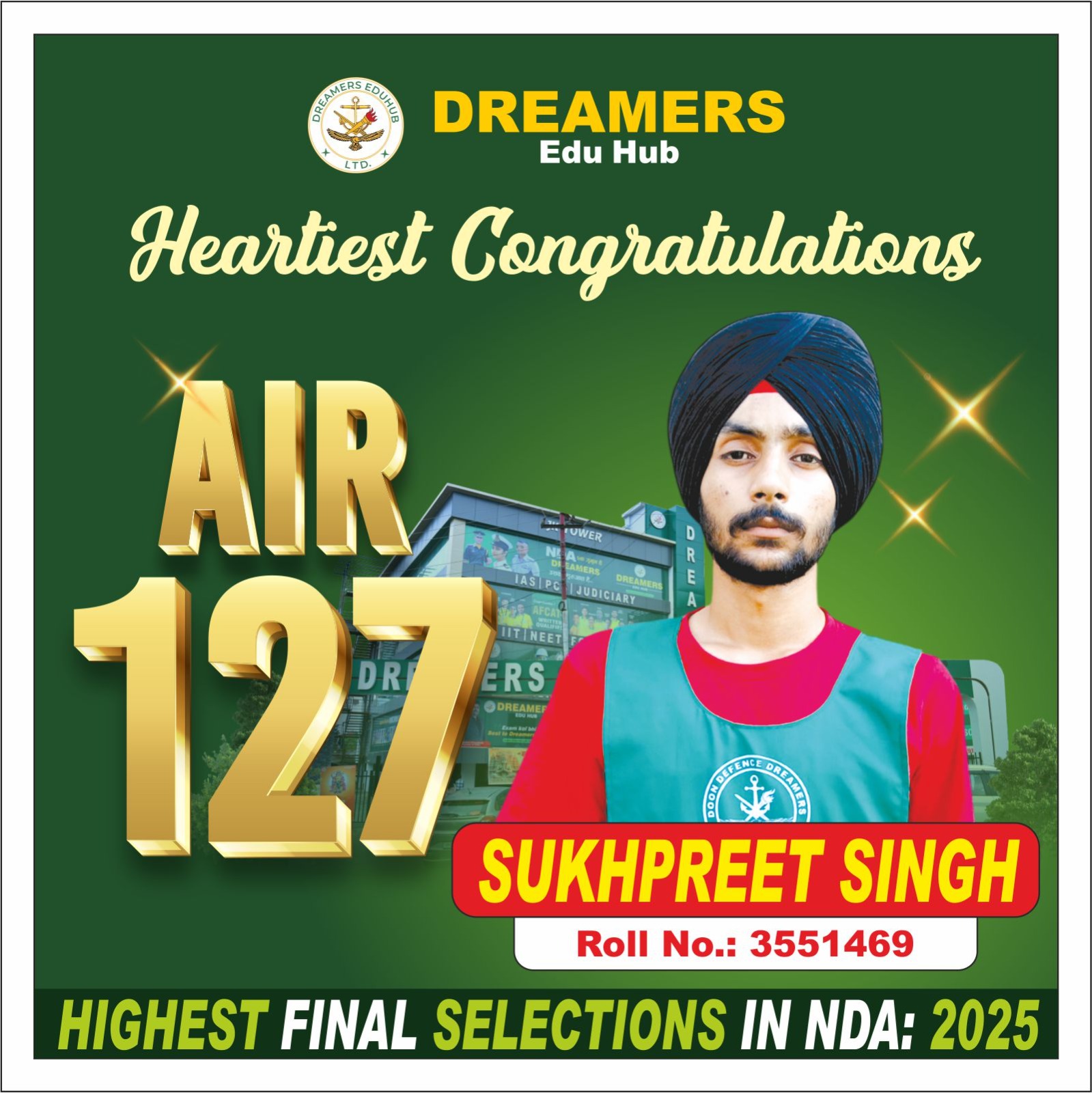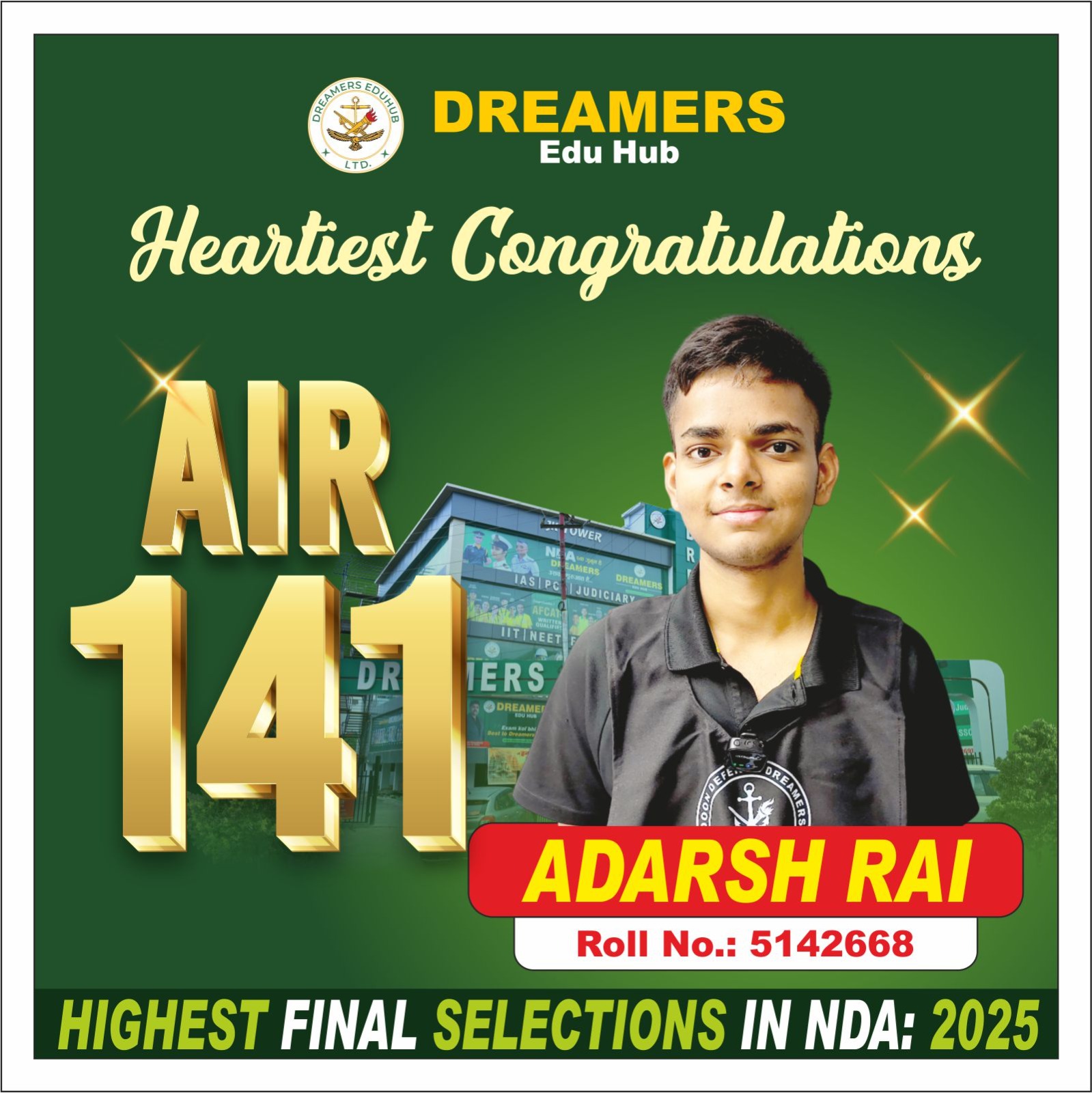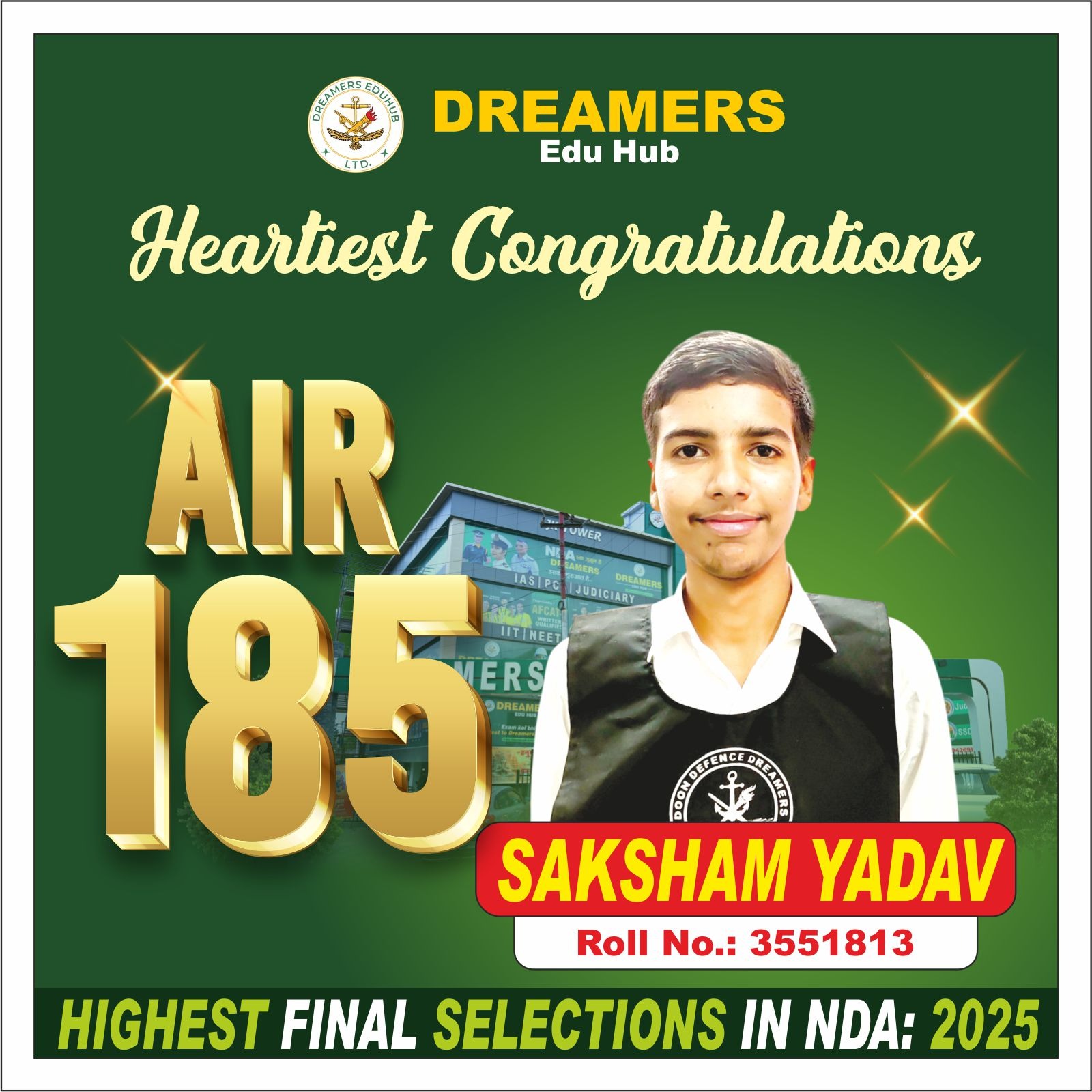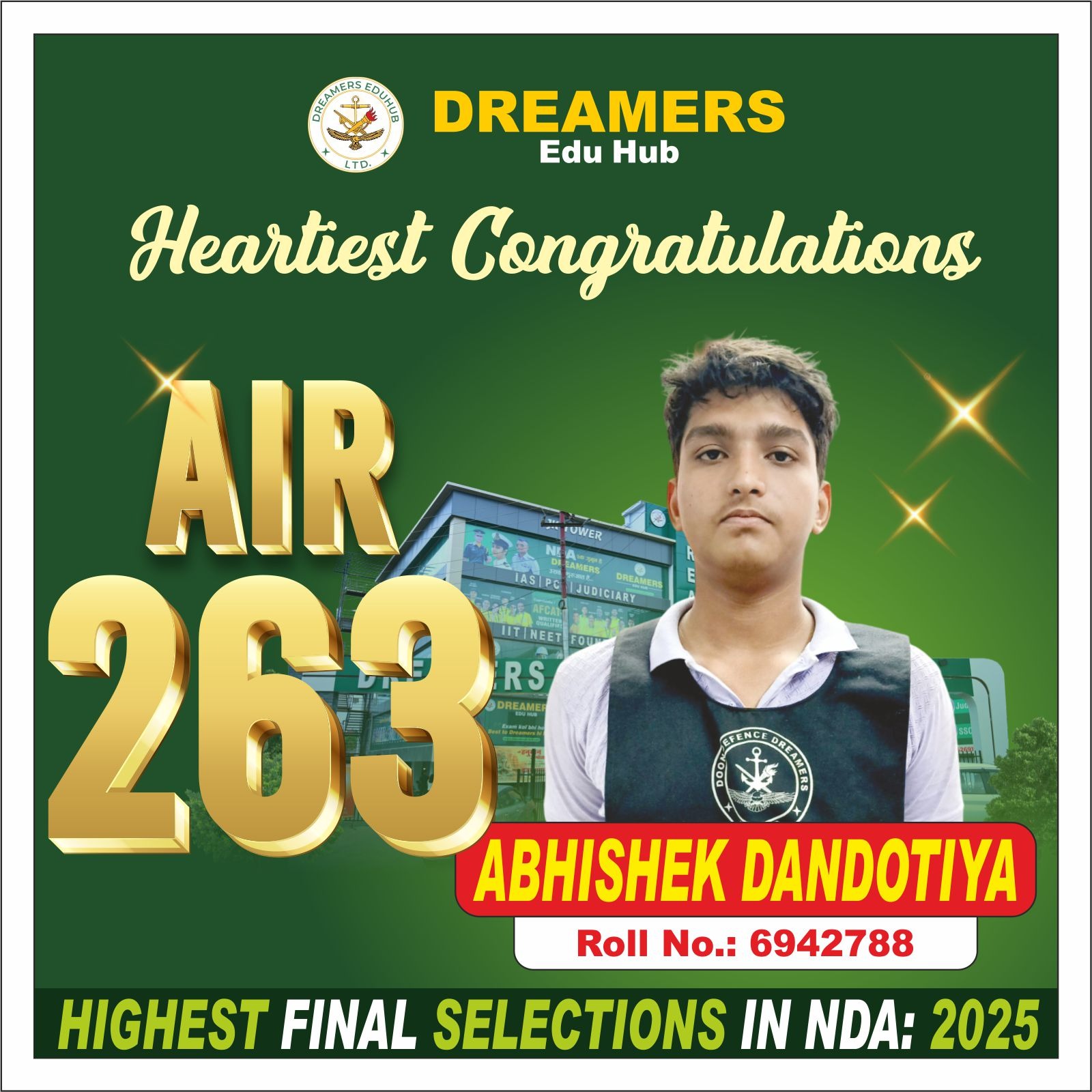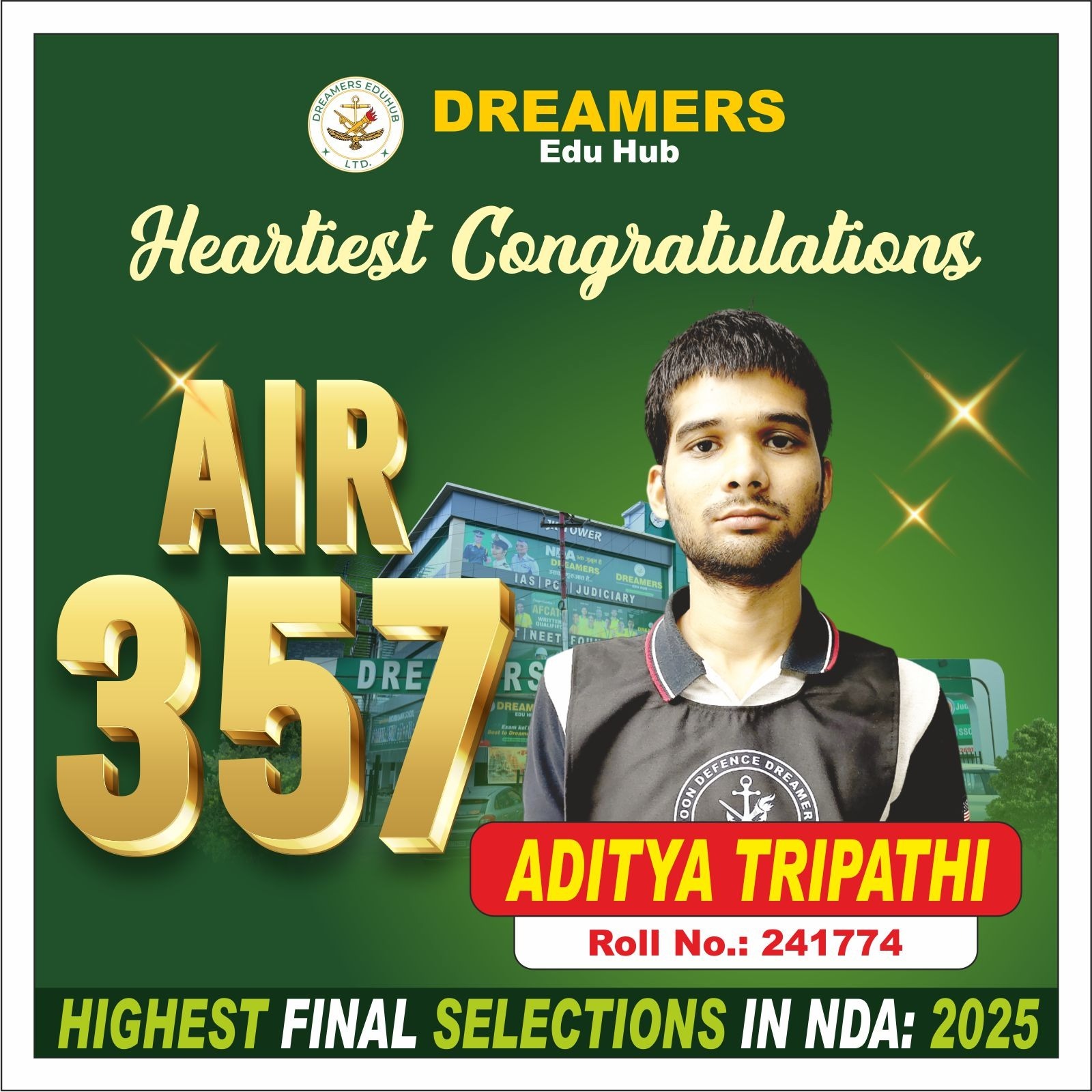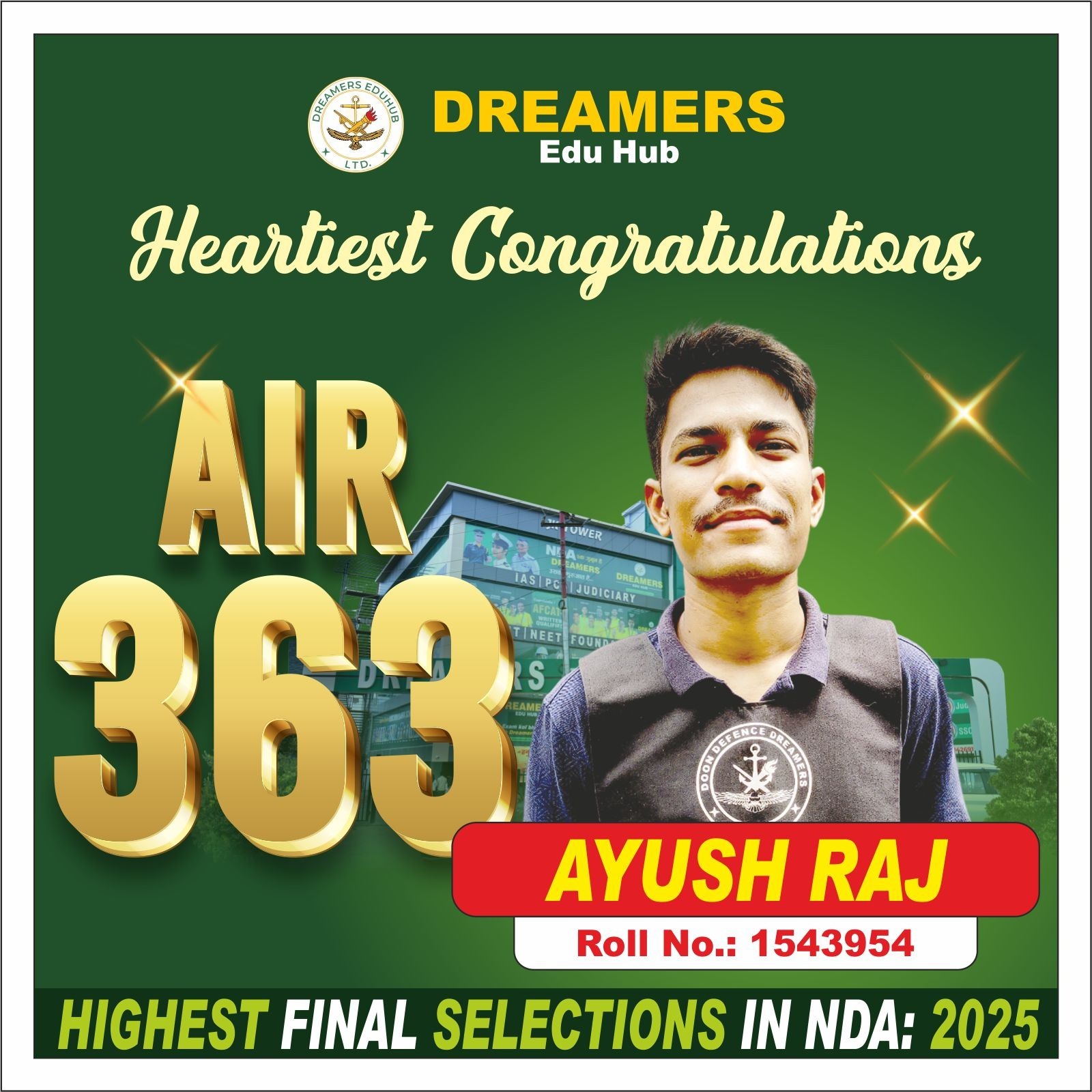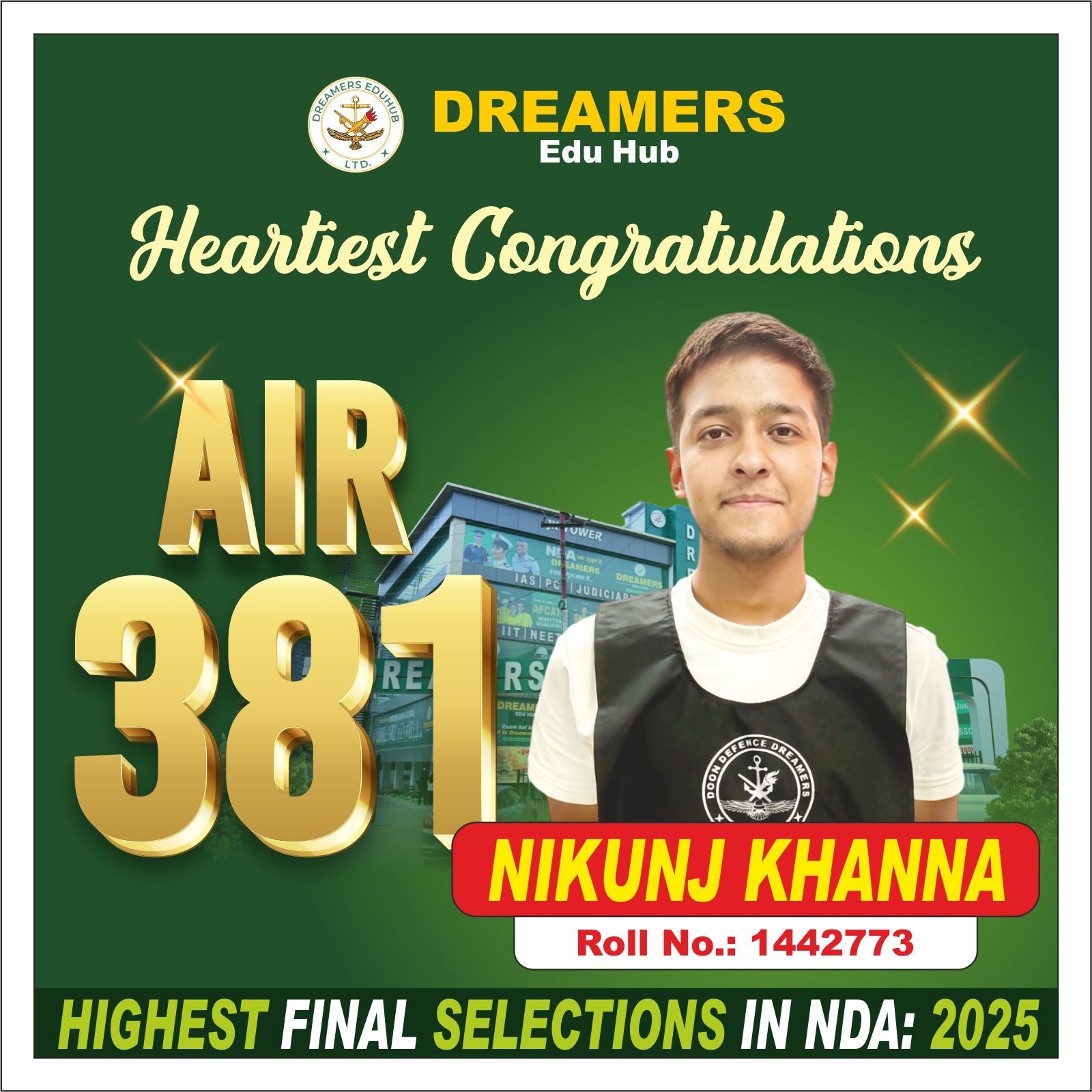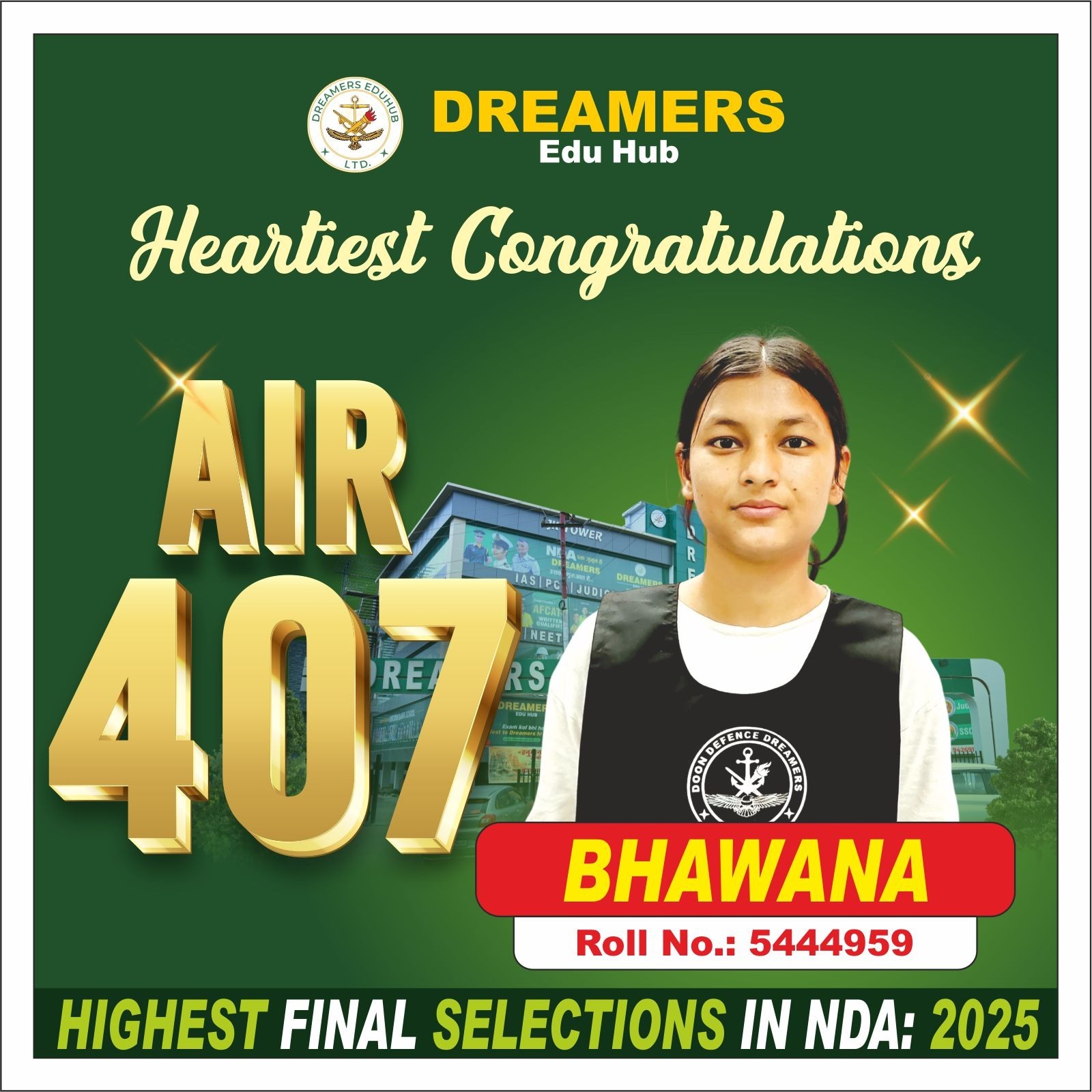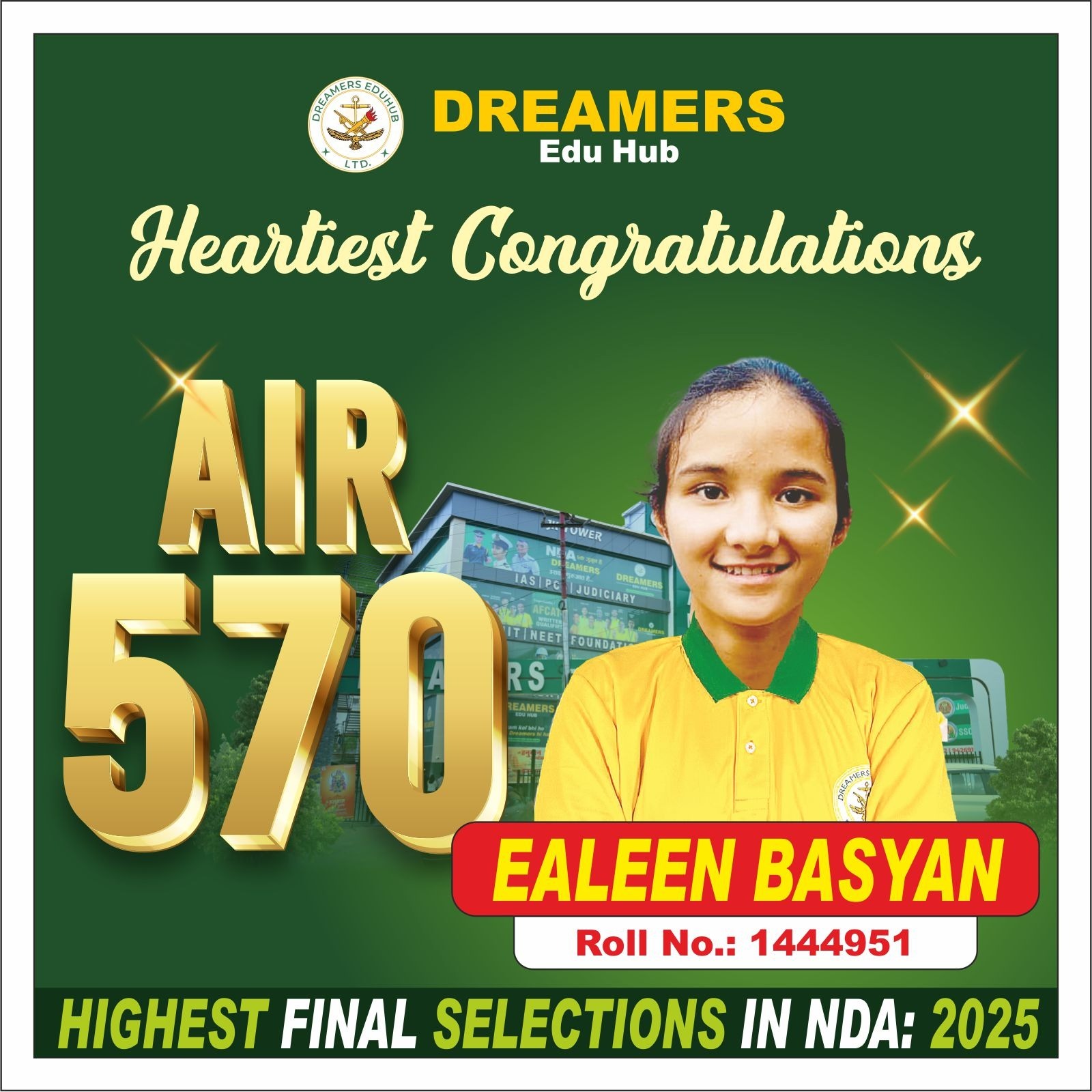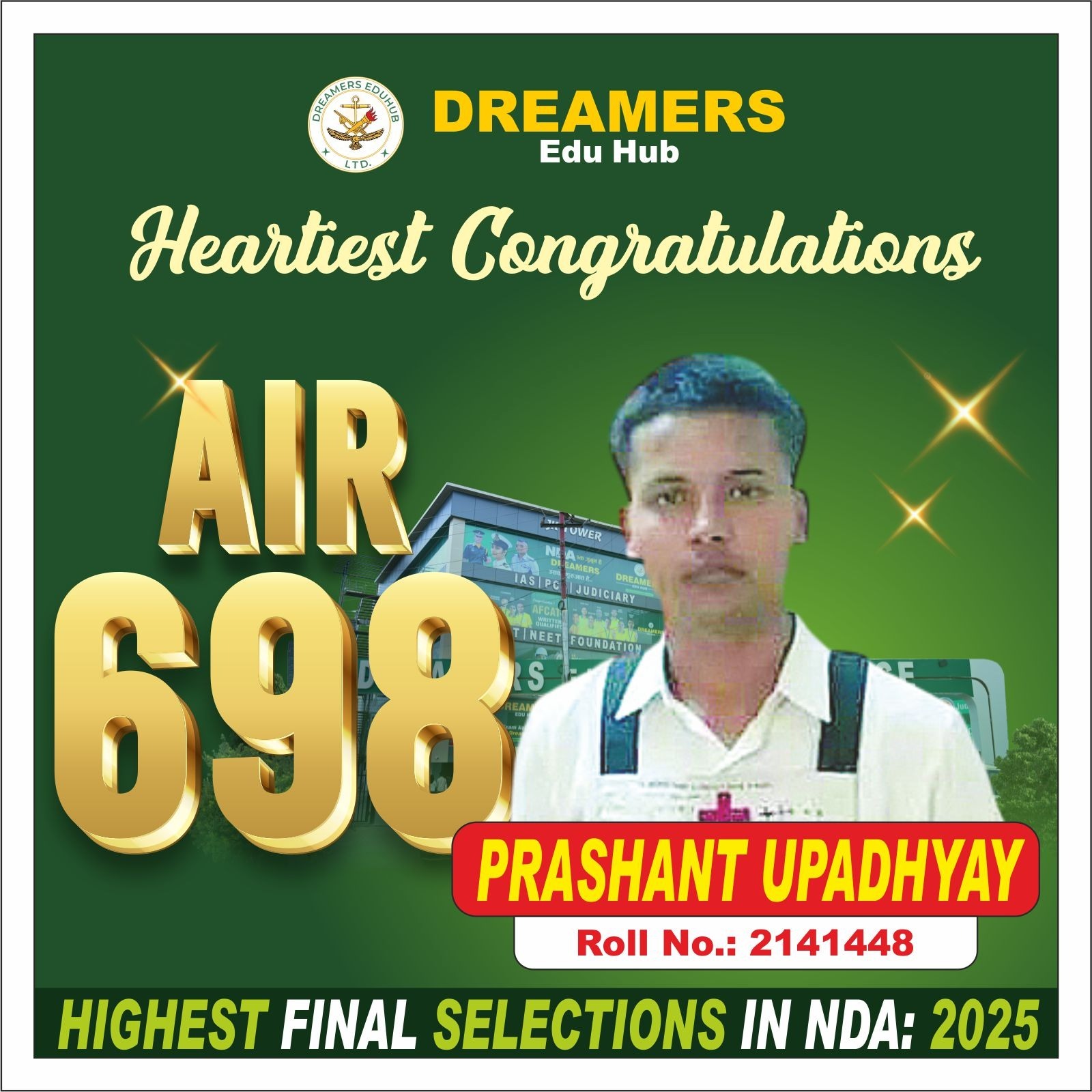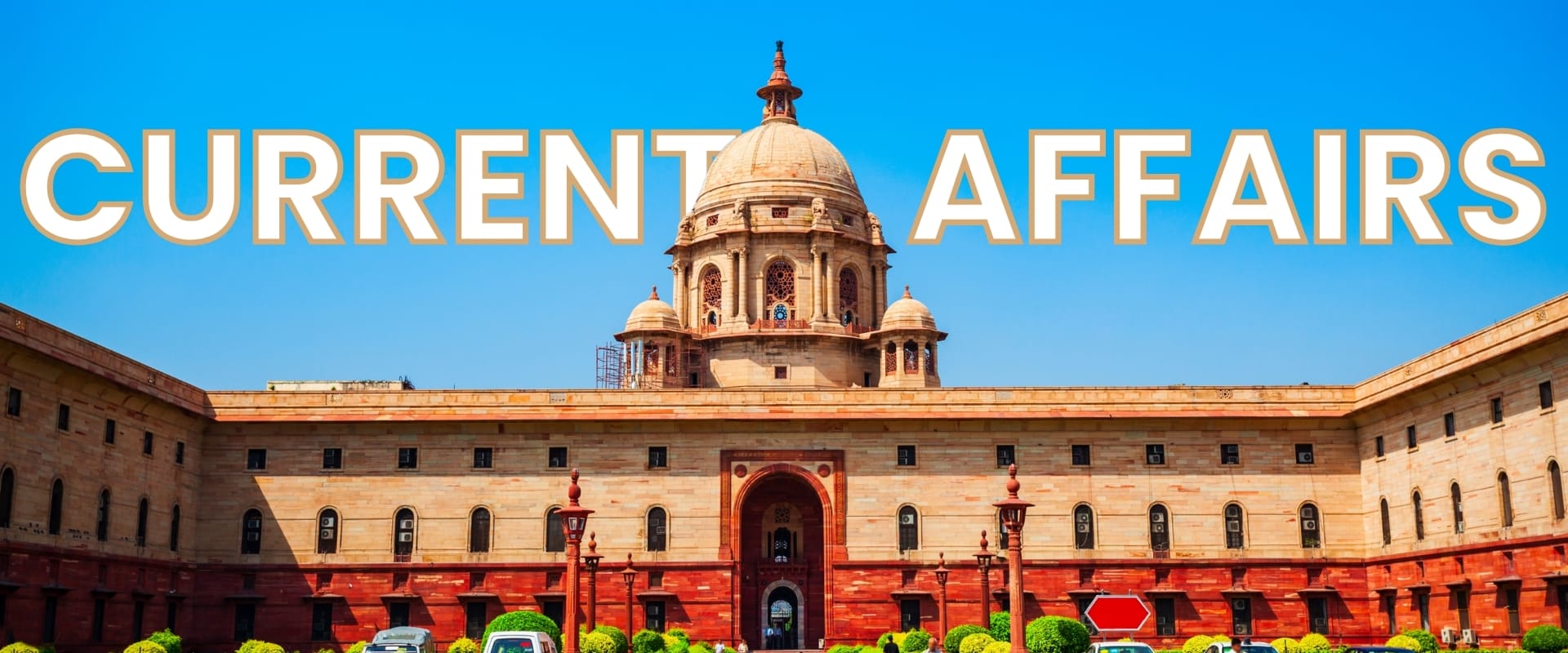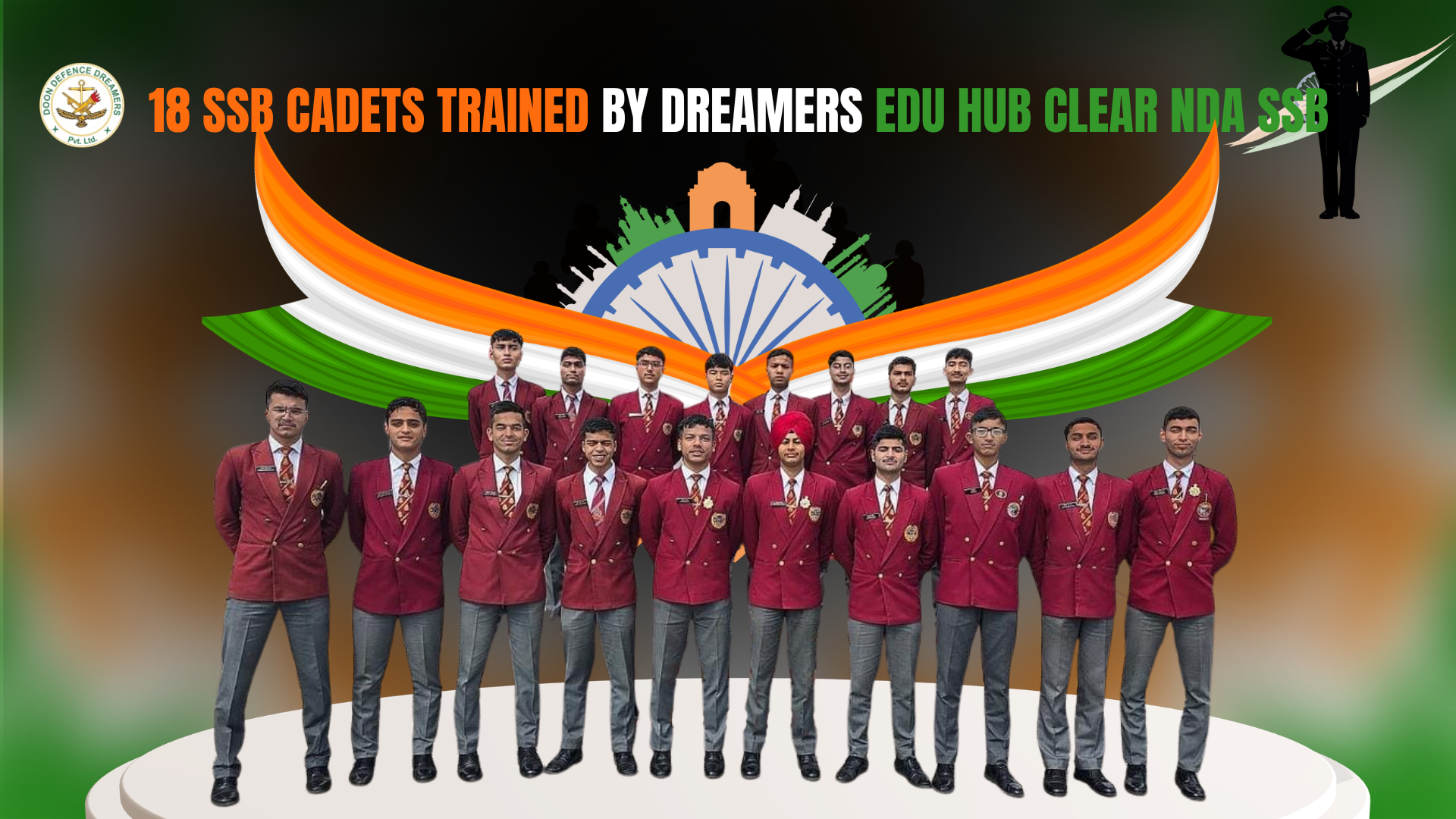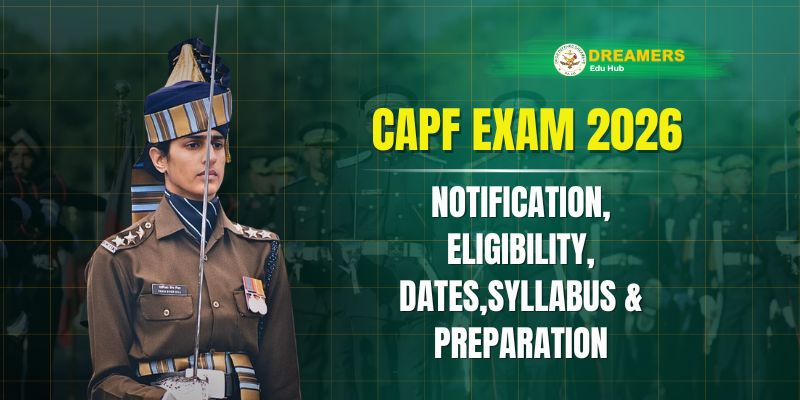Introduction
The Services Selection Board (SSB) interview is one of the most important stages for candidates aspiring to join the Indian Armed Forces. Spread across five days, it is a rigorous evaluation that examines not just intelligence and academics, but also personality, leadership qualities, and mental resilience. This comprehensive guide explains the step-by-step process of the SSB interview, helping aspirants understand what to expect and how to prepare effectively.
Day 1: Screening Tests
Officer Intelligence Rating (OIR) Test
The first evaluation is the OIR test, designed to assess both verbal and non-verbal reasoning. Candidates solve a variety of logical, analytical, and problem-solving questions within a limited time. It measures how quickly and effectively an aspirant can process information and make sound decisions.
Picture Perception and Description Test (PPDT)
Candidates are shown a blurred picture for 30 seconds and must create a short story within four minutes. Later, each candidate narrates their story in a group discussion, followed by a collective conversation. Assessors look for clarity of thought, originality, teamwork, and the ability to influence others positively.
Day 2: Psychological Tests
Thematic Apperception Test (TAT)
In this test, candidates are shown a series of ambiguous pictures and must weave stories around them. The focus is on imagination, perception of situations, and how individuals approach challenges. The stories reveal values, motivations, and inner thought processes.
Word Association Test (WAT)
Candidates are presented with 60 words, each shown for 15 seconds. They must immediately write the first thought or sentence that comes to mind. Assessors analyze spontaneity, mindset, and personality traits through these responses.
Situation Reaction Test (SRT)
Aspirants are given 60 real-life scenarios requiring quick responses. They must demonstrate practicality, problem-solving ability, and presence of mind. This test mirrors the kind of challenges faced in real-world military situations.
Self-Description Test (SD)
Candidates write about themselves, including strengths, weaknesses, values, and how they are perceived by others. This self-assessment provides insight into self-awareness and honesty, qualities vital for an officer.
Day 3 and 4: Group Testing Officer (GTO) Tasks
Group Discussion (GD)
In GDs, candidates express their views on given topics while engaging with peers. Assessors observe communication, listening skills, confidence, and the ability to contribute constructively.
Group Planning Exercise (GPE)
Candidates are given a hypothetical problem with multiple constraints. The group must collectively plan a solution. This task highlights analytical skills, cooperation, and leadership under pressure.
Progressive Group Task (PGT)
Teams work through physical obstacles, requiring strategy, teamwork, and problem-solving. The emphasis is on coordination and adaptability in dynamic situations.
Half Group Task (HGT)
A smaller group attempts a similar obstacle-based activity. This allows assessors to observe individuals more closely and evaluate initiative and influence.
Individual Obstacles
Each candidate completes a set of physical challenges within a time limit. Performance here reflects stamina, courage, and mental toughness.
Command Task
Every candidate is assigned a leadership role to complete a task with team members. It reveals decision-making, authority, and the ability to motivate subordinates.
Day 5: Personal Interview
On the final day, candidates appear for a personal interview with the Interviewing Officer. Questions may range from academics, hobbies, and current affairs to family background and personal experiences. The interview assesses clarity of thought, integrity, confidence, and suitability for a leadership role. The aim is not rote knowledge but to understand the candidate’s personality and potential as a future officer.
Assessment Philosophy
Throughout the five days, assessors evaluate candidates on qualities such as leadership, team spirit, empathy, initiative, decisiveness, and the ability to perform under stress. Scoring is based on Officer-Like Qualities (OLQs), and authenticity is valued more than rehearsed answers. Candidates are encouraged to remain natural, confident, and genuine.
Role of Training and Guidance
While the SSB is designed to test personality rather than memorized responses, structured guidance can make aspirants more aware of their strengths and areas of improvement. Institutions like Doon Defence Dreamers (best coaching academy in dehradun) play an important role here, providing mentorship, mock interviews, and group discussions that simulate the actual SSB experience. With their help, aspirants gain the confidence and clarity needed to present their best selves during the assessment.
Conclusion
The SSB interview is not just a test but a transformative journey. Over five days, candidates experience tasks that challenge their mental, physical, and emotional abilities. Success depends on being authentic, balanced, and resilient while showcasing officer-like qualities. For those who prepare well and embrace the process, the SSB is an enriching experience that builds character, confidence, and leadership for life in the armed forces.


